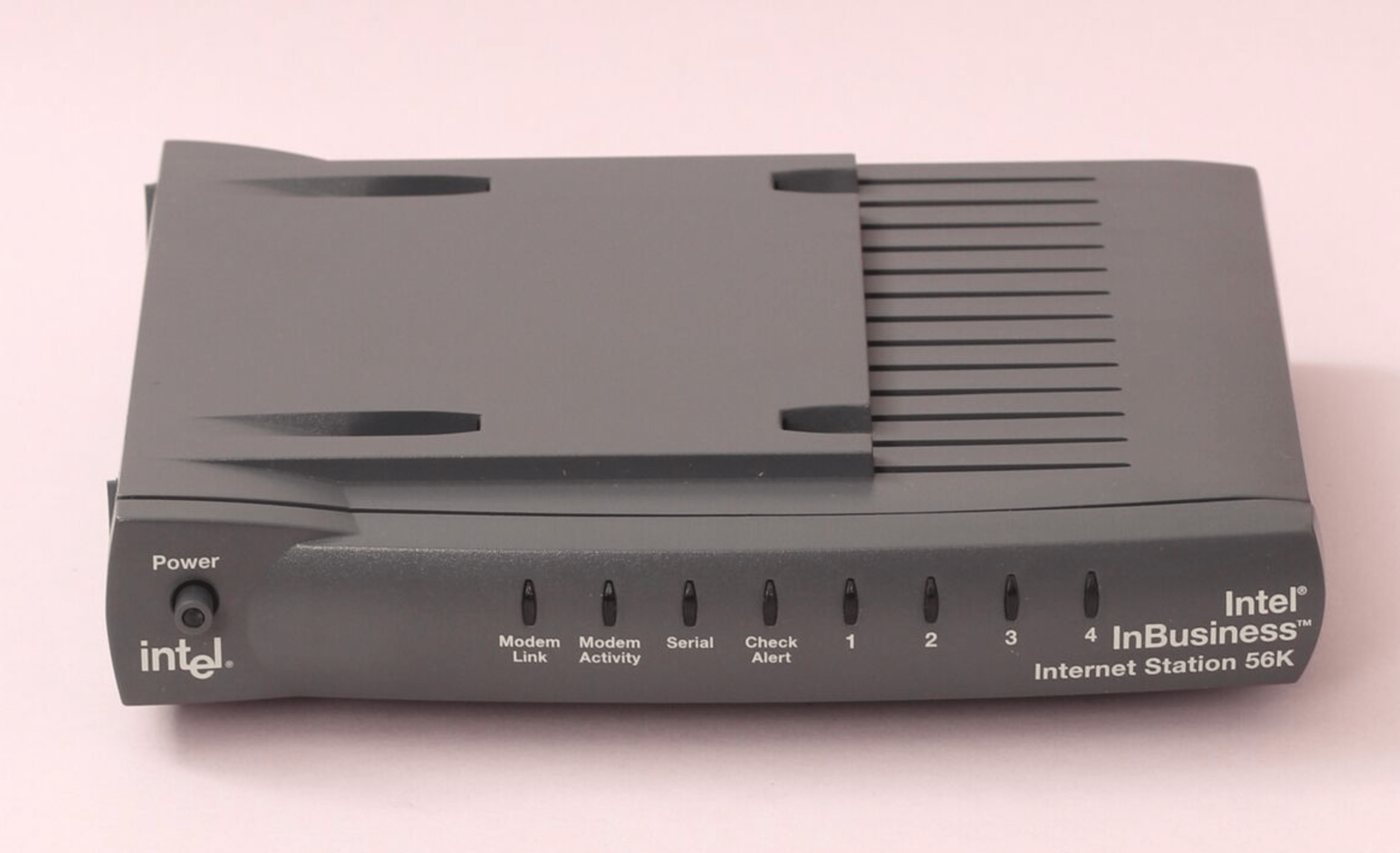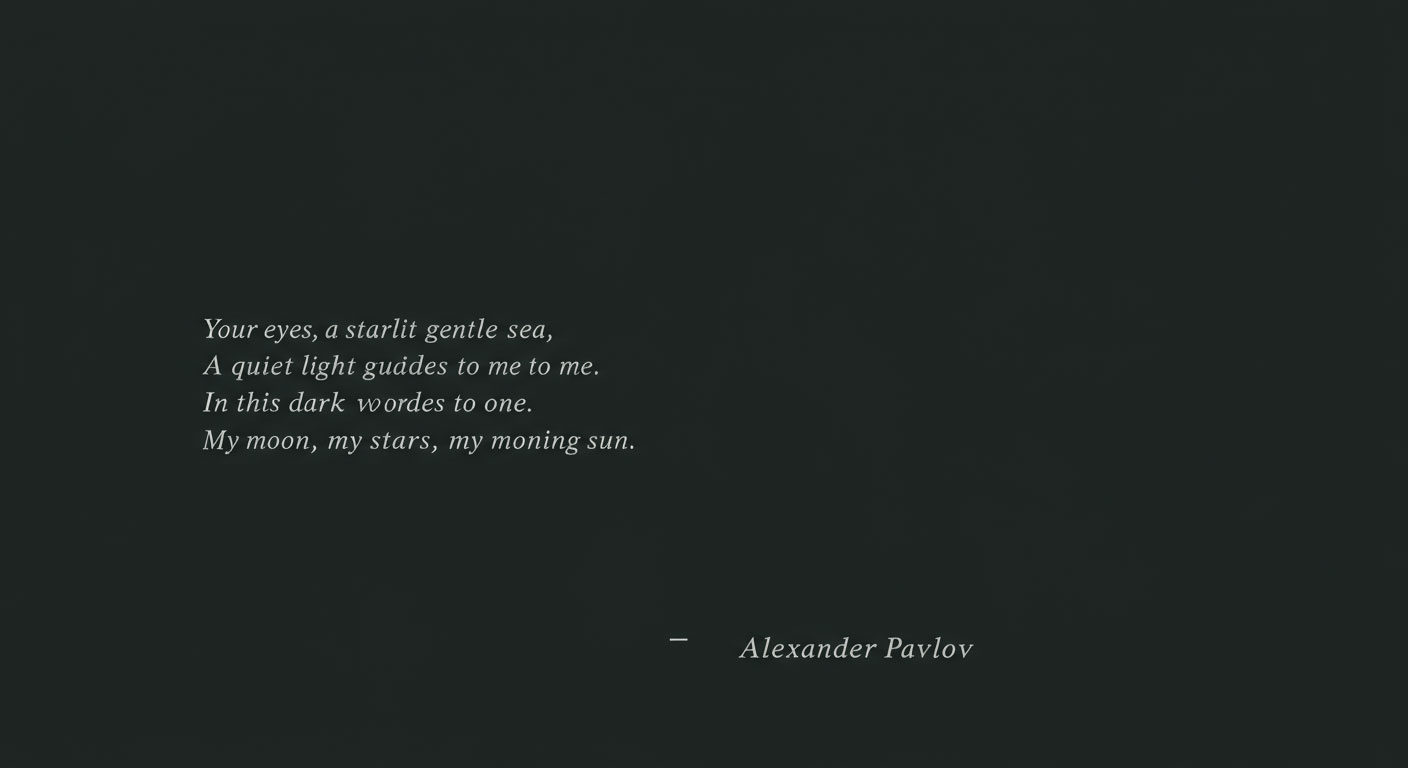The Pirate, The Poet, and the Dial-Up Modem: My Journey, Part 3
The real world, as it always does, had pulled me back. The borderless, text-based universe of mIRC, described in Part 2, faded behind the realities of high school, basketball, and street rivalries. The 11th grade came and went. The final school bell rang, followed by the requisite parties and celebrations. My grades were the last thing on my mind; I already knew they were a formality, a bureaucratic stamp on a chapter that was already closed. I returned home, anticipating a summer of freedom, and found a gift waiting for me. A real PC. A Celeron 900 with Windows 98. My joy was limitless.
The Dial-Up Ritual
Naturally, it didn’t turn on the first time. A classic moment of comedic tech frustration. But soon enough, it was running. Pre-loaded with drivers and some software I no longer remember, it became my daily companion. Without an internet connection, my first explorations were, predictably, through games. But the novelty of offline entertainment wore off quickly. I had a machine capable of connecting to the world; my next goal was clear: get it online.
“As a recent high school graduate with no real income, my online explorations racked up some serious phone bills. My parents were not pleased. The screech of the modem was the sound of my freedom, but the ring of the telephone became a sound of impending lectures.”
A New Identity in a Familiar World
So, what do you think was the very first program I downloaded using Internet Explorer? Of course, it was mIRC. I was back. But I wasn’t the same kid. The world had shifted, and so had I. The events of the last few years had hardened my worldview. The naive `_Sashka_` was gone, relegated to a memory. In his place, a new persona emerged: `Pirat`. The symbolism was potent. Back in the 8th grade, I had joined a “Young Mariners” club. I remember sailing on a Yal-6 boat along crowded beaches, gliding silently on the water. We felt special, separate from the sunbathers on the shore. The name `Pirat` captured that feeling of freedom, of navigating by my own rules. It was a declaration.
From Heartbreak to HTML
But mIRC was just the beginning. I had other quests. The first task I set for myself was born not from a technical challenge, but from an emotional one. I needed to digitize the 150 or so poems I had written in the aftermath of my first love and breakup. There was no YouTube tutorials, no Skillshare courses. My university was the “trial and error” method. I had a collection of software CDs, my gateway to design. I dove into Adobe Photoshop, experimenting with backgrounds, vertical stripes, ornamental dividers, and intricate patterns. I also had Macromedia DreamWeaver and Flash. But I barely used DreamWeaver as a WYSIWYG editor. Instead, I wrote my HTML code in a simple Notepad file. I would occasionally build something in DreamWeaver just to see how it worked, to deconstruct the code it generated, and pull out the snippets I needed. It was slow, painstaking work, a series of endless experiments to create a digital home for my words. I was teaching myself to be a web developer, not to build a business, but to publish poetry.
Networks, Real and Digital
In parallel, the digital world was becoming physical. My neighbor and I ran a 115-meter cable between our houses, setting up a local network. It worked, and we spent hours playing Half-Life. Soon, this evolved into a neighborhood-wide network with shared movie folders and a built-in chat. Eventually, dial-up gave way to cable internet, and the screech of the modem was silenced for good. My university studies were the background track to all this. I was enrolled in the Faculty of Electric Power Engineering at NTU “KhPI”—a far cry from the Programming Academy I’d dreamed of, which was prohibitively expensive. So I made the most of what I had. Which, mostly, meant having a great time. I hung out in the dorms, made a ton of friends, and got a glimpse into a world that demanded a certain discipline: show up to classes, deal with your academic backlogs. Which, inevitably, I accumulated.An Education in the Gaming Club
After a year and a half of this, I started looking for work. The most accessible job was a night administrator at a PC gaming club. It was a fascinating experience. Within days, I learned that all the admins had a side hustle: logging game time for customers “off the books.” I mostly worked honestly. But my curiosity got the better of me. I figured out how to log the time in a way that the head admins wouldn’t see on their morning checks. I did it occasionally, but never abused it—frankly, it was too much of a hassle to dig through all the files of the management software. One night, however, I was exhausted. A couple of hours before my shift ended, I fell asleep. People started pouring in, and I, half-awake, was logging them in, not really controlling who was where or for how long. The inevitable happened: there was a shortfall in the cash register. I was fired on the spot. “Here’s the shortfall,” they said, “we’ll deduct it from your pay. Goodbye.” Honestly, it was a relief. I was tired of the endless nights of Counter-Strike and had watched gigabytes of movies. Being fired felt like a liberation. I went back to university, started closing my academic gaps, and focused on learning English.The Power of Cramming
During the second semester of my third year, I didn’t attend a single English class. My classmates relayed the professor’s angry messages that he would make me repeat the year. A few days before the exam, I sat down and crammed the entire course material. To my own surprise and the professor’s begrudging astonishment, I could translate any part of the thin textbook flawlessly. It was the same with my other subjects; I passed everything with a two-week blitz of impromptu studying, always leaving one last subject to finish in the first days of September, simply due to a lack of time. After finally clearing my third year, my friends and I went to Crimea. Upon our return, a girl who was with us on the trip stopped by my place to print a few pages. Casually, she mentioned that her family’s sewing factory had an opening for a “Computer Embroidery Programmer.” The word “Programmer” lit up my brain like a neon sign. The very next day, I was at the job interview.To be continued in Part 4…
